
Today I have Faye Wylie, aged 27 years, as my guest. I met her around 2009 with her mum at The York Festival of Writing and we chatted. Faye was in a wheelchair and to me, it seemed she was too young to be in that situation in her late-teens. I didn’t really question why, but it was obvious that Faye was dealing with serious health issues. She is a good writer and I immediately liked her. We have been Facebook friends ever since. Faye has always enjoyed writing and poetry, but unfortunately, things have changed for her over the last few years and I think it best we allow her to tell her own story. I am sure you will find it both inspiring and heartwarming.
I learned that Faye has Mitochondrial Disease. When a person has this awful illness, it means that the mitochondria in the cells are not producing enough energy. Sometimes they are not very efficient or they do not work at all. http://www.thelilyfoundation.org.uk/mi/mitochondrial-disease/
There is a huge variety in the symptoms and severity of Mitochondrial Disease. It depends on how many cells are affected and where they are in the body.
Every person with Mitochondrial Disease is affected differently. For Faye, Mitochondrial Disease came into effect in adolescence, but it is much more common for it to present in children. Each individual will have a different combination of mitochondria that are working and not working within each cell.
However, there are times when particular body systems are affected in a recognisable pattern and these have particular names, for example, Alpers, Leigh’s disease, MELAS and MERRF.
The commonest parts of the body affected are those that have the highest energy demands; brain, muscle, liver, heart and kidney- when these systems are affected Mitochondrial Disease is usually progressive.
Available Treatments
Unfortunately, there is no cure for Mitochondrial Disease at present.
WHEN I discovered all this information, I realised that Faye was going to need all the support she could get, not only from friends and family but around the world. She informs me that people generally do not understand this debilitating disease. Faye is the founder of Leigh Network, a charity to help, educate, and support families with Mitochondrial Disease. She named this charity after the type of Mitochondrial Disease she has: Leigh’s Disease.
One of the saddest things is that this disease has caused Faye and her family a lot of loss. Leigh’s Disease caused Faye to lose her sight in 2013. Sight loss is just one of the things that effect people with this awful illness. Faye is now classed as being severely-sighted and her life is not what she expected it to be like when she was first diagnosed at twelve years old. Below, Faye tells her story.
Welcome Faye,
- At what age did you realise you were ill and unable to fully engage in everyday life?
The symptoms began when I was around seven or eight. I was walking to school with my mum, when I had to stop to rest. The muscles in my legs seemed to need a little recuperation time to revive themselves. They felt like they were fizzing and this was probably the first time I noticed I got tired. But I just felt normal in myself and carried on to school. Episodes like this became more frequent to the point where when I was twelve I had a muscle biopsy, lumbar puncture, MRI scan, CT scan, kidney scan, blood tests, eye tests and ultrasounds. I walked into the hospital and, because of the strain of the testing process, left the building using a wheelchair. I thought I would get better (any child who goes to into hospital would), but I am still a wheelchair user today. I never really perceived myself as being ‘ill’, I just took life for what it was, but I think I had always had optimism that things would improve for me. Unfortunately, my health has deteriorated further over the years.
I try to engage as fully as possible in everyday life: I study college courses, visit friends and family, go shopping and to the cinema and I still enjoy my poetry evenings and writing classes. I can go to the local shop independently and enjoy this freedom immensely. If travelling further afield, I need someone to help me and I feel very fortunate that I have such a supportive family.
- I know you lost your young brother to the same disease. When did this happen and can you share with us about him, how old you were at the time and how it has affected you and your family?
Sam died aged 19 months in 1993 when I was three years old. For the first year of his life he seemed perfect but when he was twelve months old his eye began squinting. My parents took him to the hospital where they reported that he had a neurological problem. They told my parents that their baby boy would not see his second birthday. At this stage, they hadn’t diagnosed Sam with a Mitochondrial illness, as the science behind Mito research was in its infancy.
He had big brown eyes and light brown hair, like Dad’s. We always wonder what Sam would be like now. He would have turned twenty-five last New Years Eve. Any family that loses a child would understand the impact a loss like this has on the family. My parents have been amazingly strong, especially as they have had to deal with my diagnosis too. Grieving for Sam had been even more difficult for them as they hadn’t known what caused his death or if it was genetic because at the time Mitochondrial Disease was relatively unknown.
- When I first met you, you seemed to be enjoying yourself despite the challenges you face. What has changed since that time?
I have always felt I had more ability than disability. For example, just because I use a chair doesn’t mean that I can’t take steps. I dislike the term ‘disabled’, preferring to refer to myself as ‘differently-abled’. I strive to be as independent as possible. I do become exhausted very easily, often after just a few steps, so my chair is brilliant for when I do need to rest. Admittedly, I can’t go very far without my chair but I will keep my independence for as long as I can. I am generally happiest when I am doing things that I’ve always loved doing, so when we met at the writing festival, I was in my element.
- You were learning to drive and were close to passing your test, so when you woke up one day to find that your eyesight had changed, I bet you felt very disheartened. Tell us what happened and what this meant for your future.
I loved learning to drive and the freedom it promised to bring. I was very good at it too. I was about to have the car adapted but something told me not to.
On my twenty-third birthday, I had a very serious chest infection and my body needed the mitochondrial energy. I did have to fight this off. The doctor said that as a result, my eyes suffered. Any kind of infection could be fatal to me now as my body needs to use the remaining mitochondrial resources I have to fight it and these can’t be replenished.
The sight loss happened gradually. Three years ago, after I went for an eye test in February. I had to get new glasses. In April I noticed my sight wasn’t right and I thought it was the prescription so I went back for another test and was rushed to A&E where they ordered many tests (including another round of lumber-punctures, MRI’s etc). Eventually, in the July of that year, they found the optic nerve had swollen, then reduced and was permanently damaged. They couldn’t do anything to fix this. I was then registered ‘severely-sighted’ in November.
In the last year I have noticed that some mornings when I wake, my sight has 100% gone. This is obviously terrifying and although it never lasts long, I never know if it is going to come back. People often ask ‘what does a blind girl see’? This is impossible to answer as every visually impaired person can ‘see’ differently. For instance, I have a friend who is 100% blind and can’t distinguish between bright light or pitch-black darkness. For me, colours are faded and images appear immensely pixelated (blurs really). Sometimes images are impossible to distinguish and technology has recently been a great asset.
- Your work with your charity, Leigh Network, is proving to be a success and I know how important it is for you to keep going to create awareness for the charity. Do tell us what Leigh Network is all about and what others can do to help you in your quest.
After speaking to the doctor and learning more about the impact that Leigh’s Disease would have on my life, I then took a year to absorb it all and try and find ways to cope with what I had been told: that there is no cure, my health will only get worse, and it is genetic. I then studied counselling skills, mental health awareness, psychology and mentoring. Using all these combined skills I am now able to support families who may be facing a new mitochondrial diagnosis or dealing with any uncertainty around it. We also support those who have lost members of their families to mitochondrial diseases and we are there to support them throughout their journey.
I set up LN because being diagnosed with an unheard of, but not rare illness meant that I felt isolated and I didn’t have anywhere to go for information or support. In 2010 I had been going to The Brain Charity (previously named Neuro Support) as part of their young person’s group. I noticed they had the facility to room hire and I was inspired to organise the first ever meeting for those affected by Mitochondrial Disease. After sending off letters to every hospital and hospice in the country, we managed to get a specialist from both Manchester Children’s Hospital and Alder Hey Hospital to come and meet some of the families we had reached out to through Facebook and email. We had a fantastic meeting and since then we have had more across the country. Over the years, we have met many fantastic and inspiring people, from children to adults, all facing different struggles associated with mitochondrial disease. These people are my inspiration and why I do what I do. We carry out fundraising events to raise money for our meetings and for fun family days out for the children. I would like to register Leigh Network as a formal charity, but unfortunately, at this time, it would be too demanding for me to manage.https://www.facebook.com/groups/171119526321329/
- What annoys you most about being wheelchair reliant? How do people treat you when you go into the town? Are there enough facilities for wheelchair users? I know you have some stories to tell, would you care to share them here?
I do struggle sometimes with people’s ignorance. For example, I went to the cinema with a friend, similar in age to me and on the way home bumped into an older lady that my mum used to work with (I didn’t know her). She was very sweet but said ‘Oh, you’ve got a carer with you’. It upsets me that people assume, however innocently, that anyone with me must be a carer, that I wouldn’t possibly have friends. Another time, my mum and I were going to London for a charity event and needed to call a few hotels first to make sure their access was adequate. When mum asked if they had wheelchair access, One said, “Yes we do! You’ll just have to go up two steps to get to your ground-floor room!”…that’s not wheelchair access. I get quite upset with public transport sometimes. I was particularly annoyed when I went to the library with a friend and at the bus stop on the way home a bus pulled in but went too far ahead so I had to turn my wheelchair to move towards it. Rather than wait 5 seconds, the driver seemed to decide he didn’t have time to deal with me, so he just pulled away. My friend and I were speechless. We had to wait a while for another bus. Sometimes people in the public can be gems but sometimes it’s as though they see the chair and cane but not the person. Modern areas are much better as planners have a legal obligation to consider different-abled facilities. However, older places can be a real struggle.
- Is there a routine to your life on a day to day basis and what is most important to you each day?
Because of my charity work, I have to plan ahead. For example, if I have a busy day, I have to rest the whole day before and a few days after. Luckily my memory is quite good so I can memorise things like bus times and routes. I taught myself how to get to the Brain Charity building and the shared Henshaws and RNIB building in Liverpool, as I do a lot with these organisations. I like to be as independent as possible and can afford to be fairly flexible at the moment as long as I take my medication and get rest when I need it.
- How do you cope with losing your sight? Do you have the technology to help you read etc? How do you manage to write your messages on Facebook?
Luckily, I have an iPad and a smartphone which both have voiceover software which reads out what is on the screen. I write my posts on Facebook on an iPad by turning the voiceover off, then I guess where the touch-keys are and type and hope I have got the spelling right. I turn the voiceover back on to check the spelling and if it sounds ok I will post it, if not I delete it and try again. The voiceover reads out any received posts or messages. Unfortunately, I have not yet mastered how to use a computer, but I like how I can move the iPad closer to my eyes so this works for now. In the future, I hope to find a PC that meets my needs as I still enjoy writing and would love to edit my own book, which is a semi-autobiographical novel that I have written.
- Are you satisfied you receive good support from the medical profession? If not what would you like to see improved for others in your situation and what research is being done for MD.
As I said earlier, Mito research is in its infancy. I’ve heard that MD research is currently where Alzheimer’s research was twenty years ago. Interestingly, MD research has suggested that Mitochondrial malfunction could be linked to more commonly known diseases such as Parkinson’s, Alzheimer’s and some Autism-Spectrum Disorders. There is an awful lot of work to be done. At the moment in the UK, there are three main centres for research;, in Newcastle, Oxford and Great Ormond Street Hospital in London. There is some hope for future generations since the development of Mitochondrial Donation IVF Technique ( http://www.independent.co.uk/life-style/health-and-families/health-news/three-parent-babies-what-is-mitochondrial-donation-and-what-are-the-techniques-involved-10021567.html ). My charity tries to raise awareness of these research centres. I think it would be a big help for hospitals to have a support facility in place for families diagnosed with MD. I particularly struggled with the lack of emotional support from the medical profession after my diagnosis. I have a good relationship now with some doctors involved with the research.
- What is your favourite book and are you getting help to access audio books?
That’s a very hard question to answer as I love so many books. As my sight has changed, the genre of the books I like has changed. When I could see I used to like light-hearted fiction, the kind that has a happy ending. As my sight has declined and as I’ve matured I tend to now enjoy darker, more mature-themed stories as I feel they are more reflective of real life which is not necessarily ‘perfect’ all the time. I love thrillers such as ‘The Girl on the Train’ and Edward Marston is my favourite writer at the moment as his books are fast-paced, funny and set in historical times. I find that darker themes tend to be written with more description. Luckily I live in an area where the libraries will try to order audio books if I request them.
- Do you have any plans for the near future and what would you like to see improve?
For the next year, I have set myself a few different goals and challenges; personal, professional and educational. I want to complete the new course I am on at college. I am arranging our next Leigh Network meeting in Glasgow in June and I want to dedicate more time to my social life. I will always continue to try to raise awareness of Leigh Network and MD and I live in hope that the general attitude of the public will alter greatly towards differently-abled people.
- Finally, what can we do to help you with Leigh Network? As this is a charity do you need more financial support? How can we donate?
Unfortunately, I am not in a position to take Leigh Network forward as a registered charity at this time, so, for now, we continue to be affiliated with The Lily Foundation and research bodies so any donations towards Mito research can be sent directly to The Lily Foundation. For Leigh Network, we continue to fundraise to run our meetings (and family days out). For example, at Christmas, I sell cards I make and we sell home-made goods at craft fairs. If anyone has any ideas for fundraising for LN, I would be delighted to hear them. If businesses which would appeal to families would like to offer a discounted day out for the families we support that would be great too. If people simply want to donate to Leigh Network to help us fund our days out, we have a GOFUNDME page (https://www.gofundme.com/leigh-network-family-mito-meetings) and all donations are gratefully received.
Anyone can follow us on our facebook page: https://www.facebook.com/Leigh-Network-203975279619098/
Thanks for your interest and support.
Faye x
I know you enjoy writing poetry. If you wish you can share it here.
The Canvas
A canvas so full of potential.
The crisp white rectangle,
So fresh like untouched snow.
The possibilities of how to fill it are endless.
As you tap the canvas,
the cotton twangs.
Which colour will you choose?
Lemon, crimson, navy?
You open the acrylic tube,
Hearing the satisfying pop and the familiar squelch.
As the paint comes out,
You evaluate how you feel,
What emotions are bubbling through your blood?
Is it a passionate pink or a fiery red?
Or maybe violet is powering strength into your veins.
As you blend the colours all together,
The brush gets faster as the vision becomes defined,
Becomes reality on the canvas.
Each time you stand back,
Appraise your creativity,
You notice the slight imperfections.
Where you could tweak.
You give a contented nod,
A sigh of contentment.
At last, it is done.
Thank you for providing us with an insight into your life. Good luck and keep strong, you are doing such a good job.

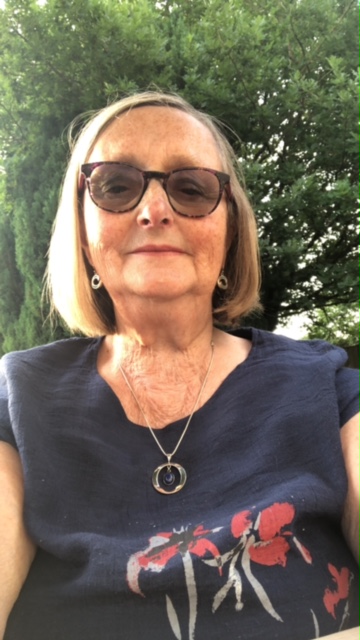
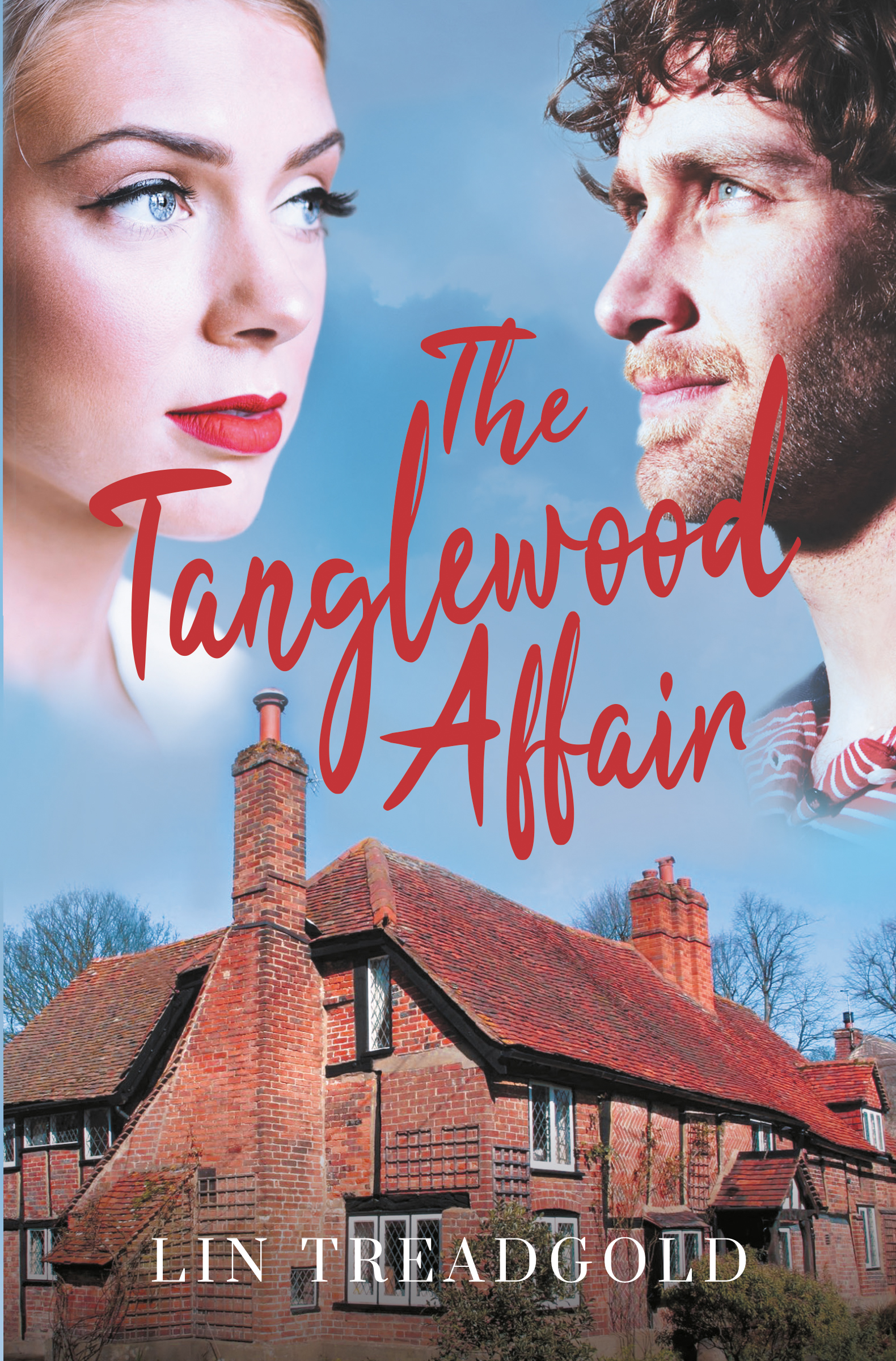

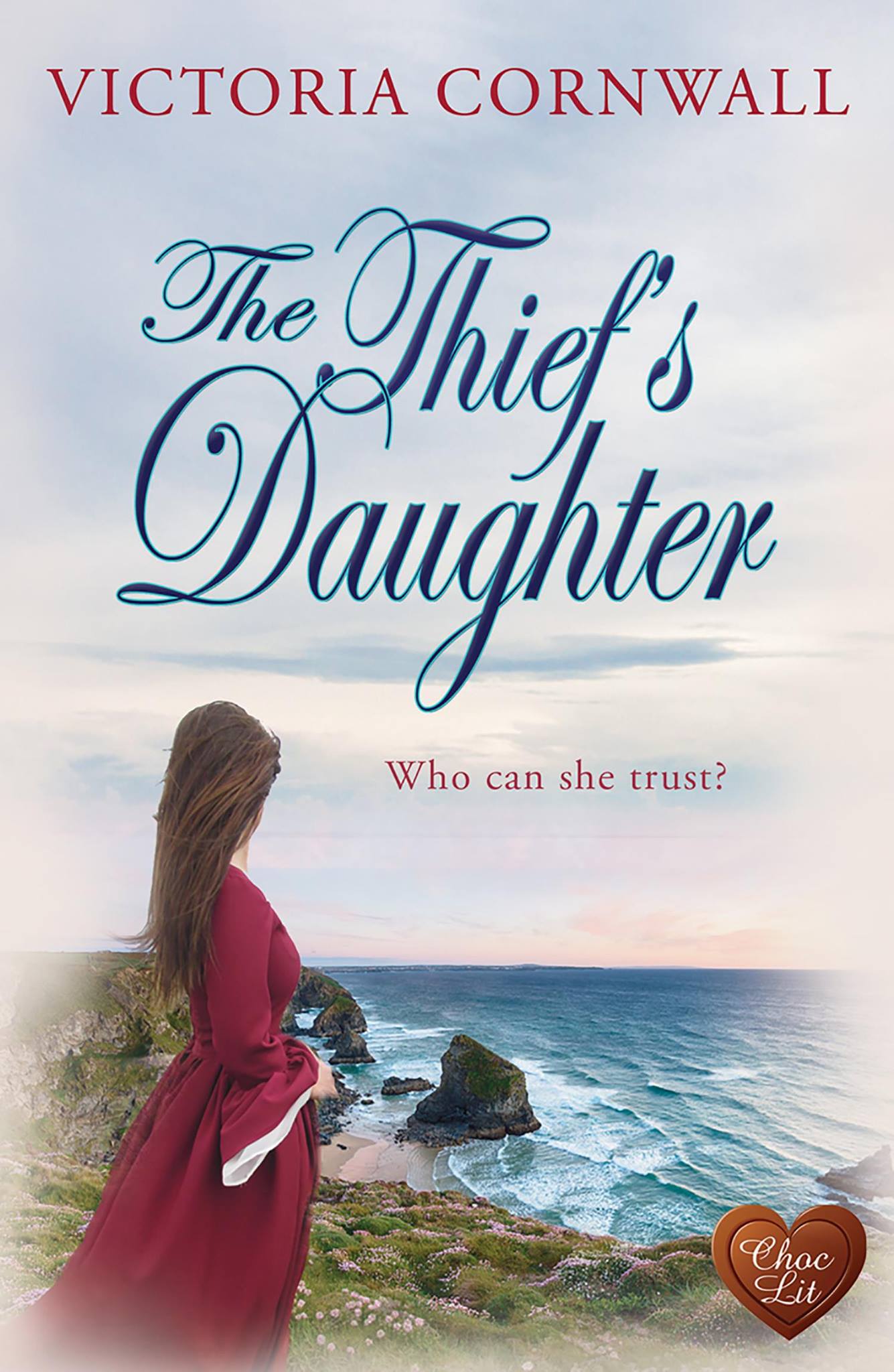

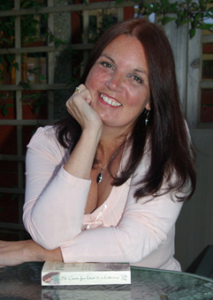
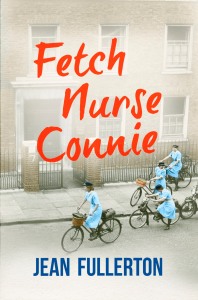
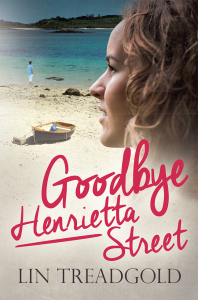
 So, take a romantic trip to the Isles of Scilly with Pippa, Sven, Rob, Joan, and Terry. Where did it all go wrong?
So, take a romantic trip to the Isles of Scilly with Pippa, Sven, Rob, Joan, and Terry. Where did it all go wrong?